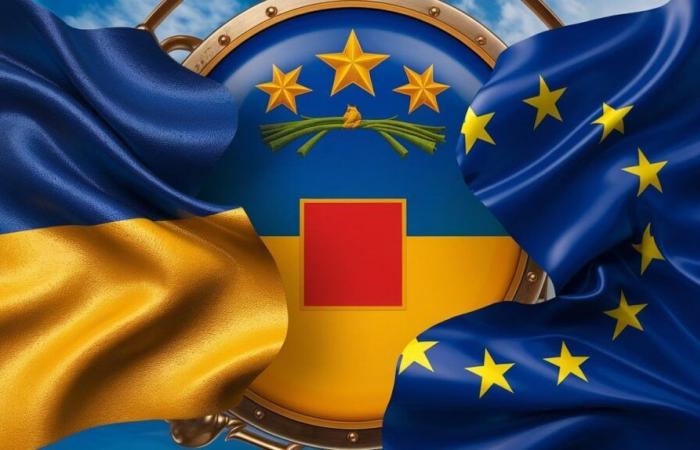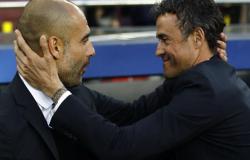According to a close source, Zelensky urged Europe for unity in defense during his speech in Davos, emphasizing the importance of strategic autonomy in the face of current security challenges. He notably…
During his speech at the World Economic Forum in Davos on Tuesday, Ukrainian President Volodymyr Zelensky called for a more united and autonomous Europe in terms of defense and security. In front of an audience of international economic and political decision-makers, the leader hammered home the importance for the Old Continent of know how to defend yourselfwithout depending on the United States.
This intervention comes just hours after the inauguration of Donald Trump as American president, the ceremony of which was marked by a speech highlighting the primacy of the interests of the United States in global diplomacy and the economy. A posture which, coupled with a series of protectionist decrees, raises questions about Washington’s future support for its European partners.
A Europe that must ensure its own defense
Faced with these uncertainties, and in a tense geopolitical context marked by the threats posed by the alliance between Iran and RussiaVolodymyr Zelensky forcefully affirmed the need for Europe to develop a “united European security and defense policy”. A call for strategic autonomy which reflects the growing doubts about the sustainability of the American commitment.
Will President Trump even pay attention to Europe? Does he consider NATO necessary? And will he respect European institutions?
asked the Ukrainian president, while calling the United States an “indispensable ally”.
Legitimate questions while Washington has, according to Zelensky, “openly signaled that its security priorities were in the Middle East and the Asia-Pacific region”. A strategic reorientation which could leave Europe orphaned by its traditional security umbrella.
The crucial issue of defense investments
To face this challenge, the Ukrainian president urged Europeans to significantly increase their defense investments. An absolute necessity to guarantee the sovereignty and security of the continent, but which still comes up against the reluctance of many Member States, reluctant to increase their military spending.
-At the beginning of January, Donald Trump castigated the members of the Atlantic Alliance, asking them to increase their financial participation in defense matters. at 5% of their GDP. A requirement that is difficult to meet for European countries still marked by post-2008 crisis budgetary austerity.
Ukrainian drone expertise
In this context, Volodymyr Zelensky called on Europe to invest in Ukrainian dronesof which the country has made a specialty since almost three years of Russian invasion. An expertise that kyiv wishes to use to strengthen European defense capabilities, while supporting its own war effort.
The Ukrainian president also pointed out the risk for Europe of finding itself confined to a role of “mere spectator” major global balances, “with its leaders reduced to posting on X after an agreement has already been concluded”. A warning about the need for the Old Continent to weigh more in international affairs.
The uncertain future of NATO
The question of the future of NATO and American involvement in Europe, however, remains unresolved. At the beginning of January, Zelensky mentioned “unpredictability” of Donald Trump, who according to him could “help end the war” between Ukraine and Russia. The new tenant of the White House thus assured that, if he was re-elected, he would put an end to the conflict “in 24 hours”.
Comments which cast doubt on American strategy vis-à-vis the Atlantic Alliance and its commitments in terms of collective defense. An uncertainty which only reinforces the urgency for Europeans to take charge of their own security destiny, as Volodymyr Zelensky insisted in Davos.
It remains to be seen whether this call will be heeded by European leaders still largely divided on questions of defense and power projection. A major challenge for a Europe which aspires to play a geopolitical role commensurate with its economic weight and its values.






